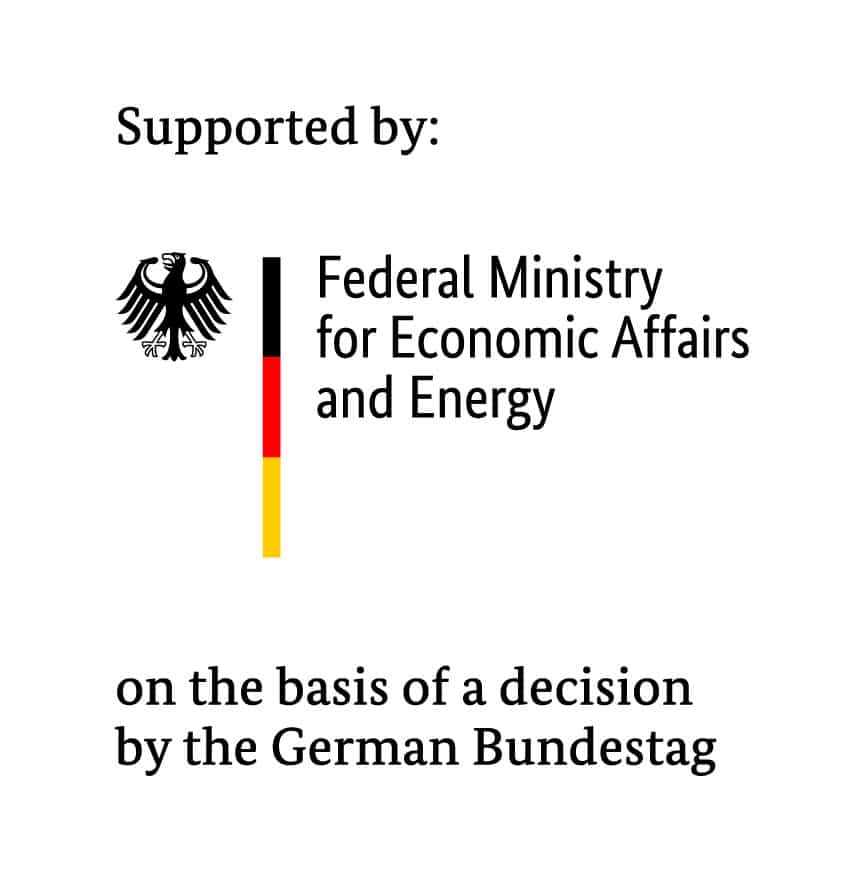
Joint project: TOP – Highly conductive transparent oxides for photovoltaics
Contact
Dr. Felix Haase
Tel.: +49(0)5151-999 313
E-Mail: haase@isfh.de
The aim of this project is to significantly simplify the contacting and module integration of heterojunction and silicon/perovskite tandem solar cells. The consumption of cost-intensive and rare materials should be reduced or avoided completely. The long-term stability of these improvements shall be demonstrated.
The focus of the work is on avoiding the use of expensive indium in the TCO layers. For this material an alternative should be found. After a literature search, potentially interesting materials for the TCO layers shall be applied by sputtering. The layers must have a minimum conductivity and transparency. The conductivity is determined inductively and with a 4-point probe measurement and the transparency with reflection and transmission measurements. The underlying layers must not be damaged by the sputtering process. This is checked with photoconductivity measurements.
The TCOs should be used not only for heterojunction solar cells but also for tandem solar cells as front and interface layer between silicon and perovskite solar cells. For the interface layer, a larger and thus cheaper material selection may be considered, since the requirements for the lateral conductivity are significantly lower. On the other hand, the process temperature for the front TCO layer is very limited. To further reduce the costs of materials and processes, it is advantageous to avoid metallization of the solar cell completely. The project aims to develop a direct contact between the TCO layers and the wires for module interconnection. The materials in the encapsulation and in the solder are varied. The contact resistance of wire to TCO is measured using the TLM method. For the characterization of the metal free cells a temporary contact unit will be developed. An ageing-stable module with an efficiency of 22% and a fill factor of 80% is the final goal.
Partners


Duration of the project
01.12.2020 – 30.11.2024
Funding
The project is funded by the Federal Ministry for Economic Affairs and Climate Action under grant no 03EE1080C.


